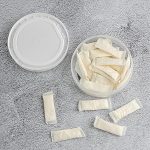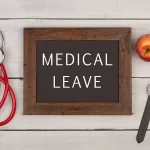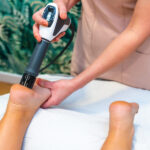Common Myths About Teeth Debunked
There are a lot of misconceptions regarding oral care and treatments. These can deter you from engaging in oral care practices or getting dental care that will keep your teeth and mouth healthy and strong. Therefore, it is crucial to differentiate between oral facts and myths to optimize your quality of oral health and overall life.
Given below are some commonly believed myths about oral health and teeth that need to be busted right now. However, if you have any queries regarding your oral health, contact an Indianapolis family dentist today.
Common myths about teeth debunked
- Tooth loss is genetic.
One of the most common misconceptions about tooth loss is that it is genetic and unavoidable. However, this is not true. Tooth loss is preventable.
Cavities cause tooth loss. You can easily avoid the risk of cavities with proper oral hygiene and care. With daily brushing and flossing and visiting your dentist regularly, you can ensure your healthy smile lasts for a lifetime.
- White teeth are healthy teeth.
Teeth whitening services are popular among people. It is not uncommon to see dental patients spend hundreds of dollars on teeth whitening. According to data, about 18 percent of people are unhappy with their teeth’s color and think white teeth are healthy teeth. This is a common myth.
A tooth’s color may vary from person to person. Instead of the color of your teeth, your dentist may look for several indications, like cavities and bad breath, to determine your oral health condition. Certain underlying issues are often found to be the cause of yellow teeth.
- Sugar causes cavities.
Sugar only contributes to the formation of cavities, but it does not itself cause the problem. However, the actual culprit is the bacteria that feed on sugar and result in cavities.
Sticky food substances like starch or sugar attract bacteria to thrive around teeth. These bacteria release certain acids that cause tooth decay. Make sure to rinse properly after having a sugary meal to avoid bacteria and plaque buildup.
- Brushing harder means cleaner teeth.
While it is important to brush your teeth thoroughly twice a day, brushing harder and haphazardly increases the risks of tooth infection. Brushing too hard can wear off the enamel, causing discoloration and sensitivity.
Brushing harder might also affect your gums and cause them to bleed. Therefore, it is important to use a soft-bristled toothbrush and gently brush it in circular motions without exceeding the time limit of 2 minutes.

















